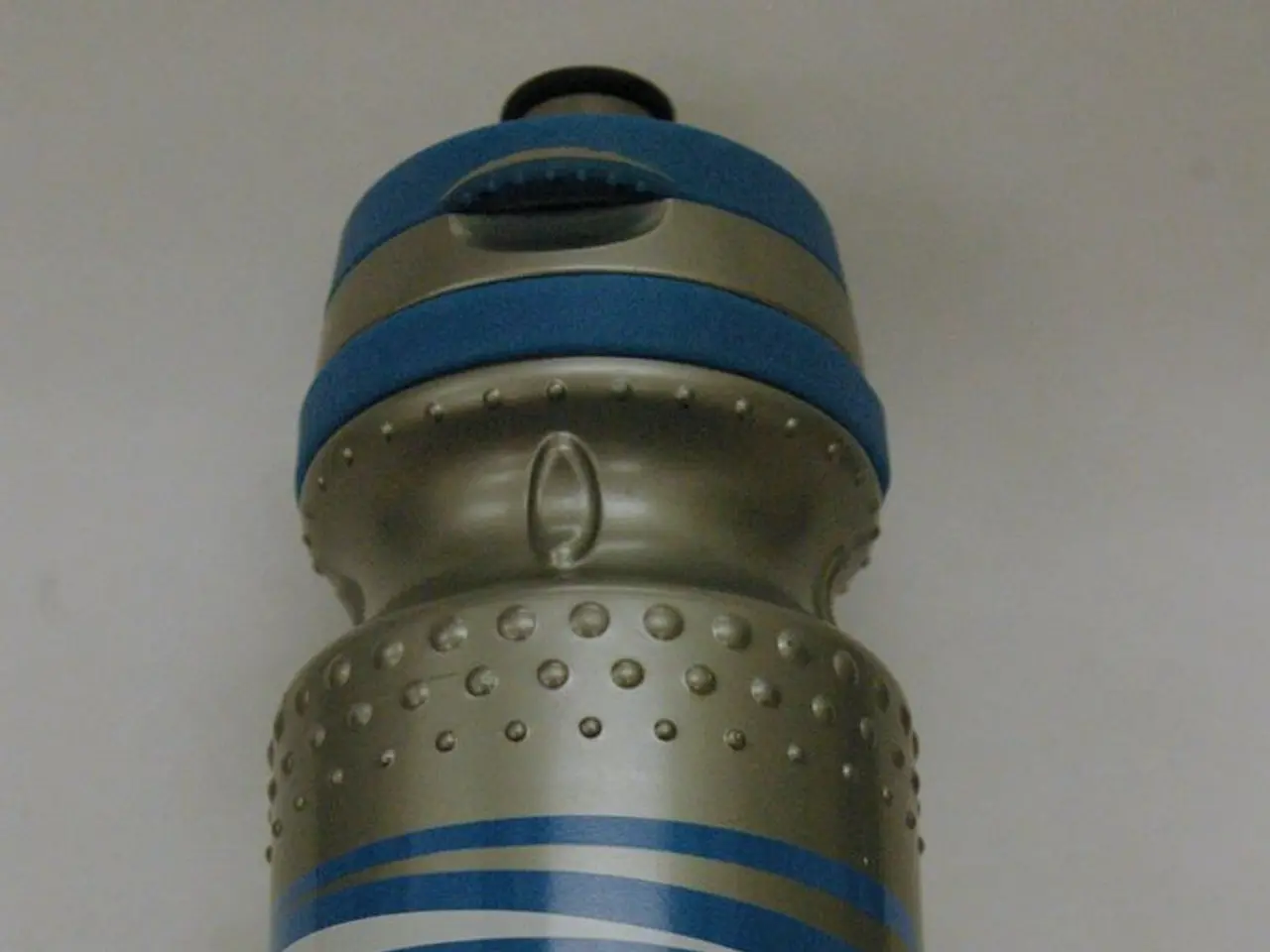Exploring the Significance of Biotech Patents: Consequences and Advancements in the Field
In the dynamic world of biotechnology, patents serve as a vital tool for bringing groundbreaking innovations to market and fostering economic growth. They facilitate collaboration between academia and industry, accelerating the development of therapies and technologies that can lead to improved public health outcomes and job creation.
International patent systems, such as the Patent Cooperation Treaty (PCT), provide avenues for biotech innovators to pursue protection across jurisdictions, simplifying the process by allowing applicants to seek patent protection in multiple countries through a single filing. However, the complexities in defining patent claim boundaries for biologics and biosimilars, navigating intricate legal and regulatory hurdles, and managing biosimilar competition under evolving frameworks pose significant challenges.
One of the key areas of contention is the patent landscape surrounding CRISPR and genetic engineering. The rise of AI in drug discovery also raises complex questions on inventorship and the scope of patent protection, as AI contributions are hard to categorize under traditional patent law.
The future of biotech patents is poised for significant evolution, driven largely by advancements in technology and the globalization of innovation. Future perspectives focus on harmonizing patent protection standards globally, addressing AI inventorship and patentability issues, and maximizing strategic use of patent and regulatory exclusivities to sustain innovation incentives.
Another important aspect of licensing and commercialization includes negotiation of license terms, market analysis, and regulatory compliance. Licensing of biotech patents allows patent holders to grant permission to others to use, produce, or sell patented inventions under specified conditions, enhancing their reach and generating revenue.
The rising importance of data-sharing agreements and open-source collaborations could lead to shifts in how biotech patents are licensed and enforced, with companies increasingly seeking to implement flexible licensing arrangements that balance the need for protection with collaborative efforts to advance scientific research.
Inventors are required to provide a detailed explanation of their inventions, demonstrating how they work and their intended applications, in biotech patents. The Agreement on Trade-Related Aspects of Intellectual Property Rights (TRIPS) sets minimum standards for patent protection across member nations, including biotechnological inventions.
Patent litigation can be a lengthy and costly endeavor, draining resources that could have been allocated to research and development, and affecting overall market dynamics. The growing intersection of biotechnology and artificial intelligence presents novel challenges and opportunities, prompting a reevaluation of existing legal frameworks to accommodate breakthroughs in biotech applications.
Countries vary in their approach to biotechnological patents, shaped by local regulations and cultural attitudes toward biotechnology. Protection afforded by biotech patents encourages research institutions and companies to invest resources in high-stakes innovation.
In summary, the international biotech patent landscape is marked by technical, legal, and financial challenges focused on biologics, biosimilars, and AI innovation, with future evolution expected to emphasize harmonized laws, strategic patent-regulatory synergy, and clearer rules for AI inventions to foster global biotech innovation.
- The process of patenting in the biotech sector, involving complexities in defining patent claim boundaries for biologics and biosimilars, and navigating intricate legal and regulatory hurdles, can be paralleled with the challenge of categorizing AI contributions under traditional patent law, particularly in the realm of science and medical-conditions, such as drug discovery.
- As the future of biotech patents is expected to embrace harmonized laws globally, addressing AI inventorship and patentability issues, and maximizing strategic use of patent and regulatory exclusivities, it is plausible to see an increase in data-sharing agreements and open-source collaborations in health-and-wellness and technology sectors, leading to flexible licensing arrangements that balance the need for protection with collaborative efforts to advance scientific research.




